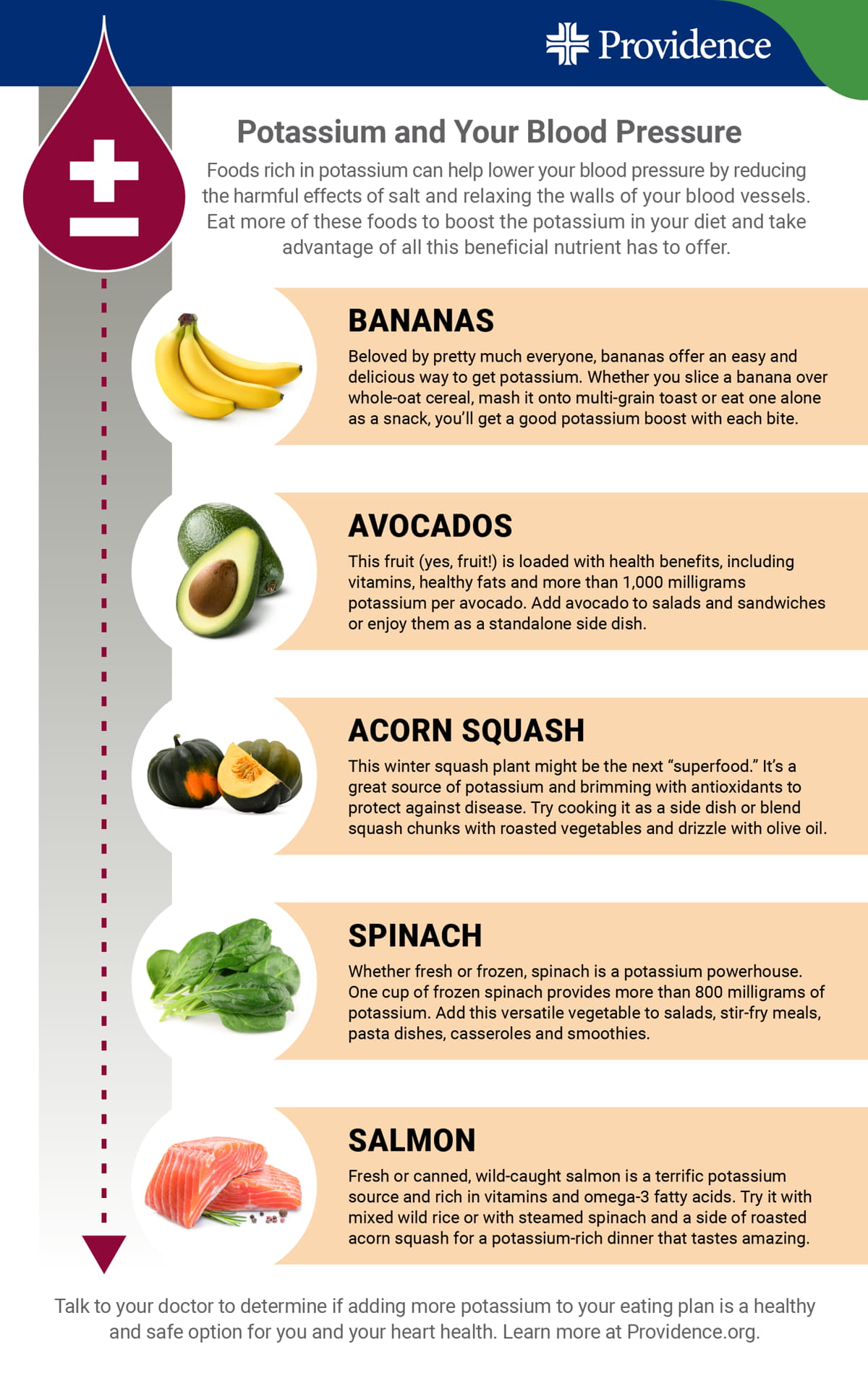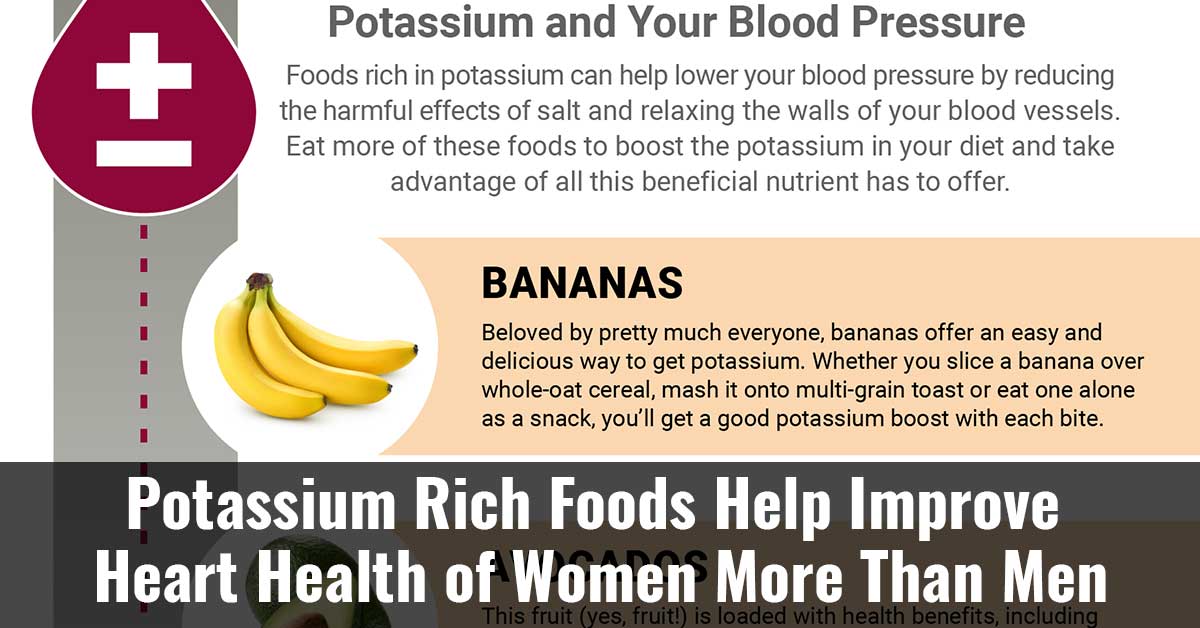According to research, consuming foods rich in potassium such as salmon, avocados, and bananas can help reduce salt’s negative effects on the diet. The study revealed that diets rich in potassium were linked to reduced blood pressure, especially in women having a high consumption of salt.1✅ JOURNAL REFERENCE
DOI: 10.1093/eurheartj/ehac313
It’s commonly known that high salt consumption is linked to high blood pressure and an increased risk of strokes and heart attacks. The focus of health advice has been on restricting salt intake but this is challenging when processed foods are included in the diet. Potassium assists the body in excreting more sodium in the urine. Dietary potassium was associated with the greatest health benefits for women in the study.
The study participants included 24,963 individuals with an average age of 58 for women and 59 for men. A lifestyle habit questionnaire was completed by the participants, urine samples were taken and blood pressures were measured. Urinary potassium and sodium were used for estimating dietary intake. The individuals were divided into groups based on sodium consumption (low/medium/high) and potassium consumption (low/medium/high).
The link between potassium consumption and blood pressure was analyzed after sex, age, and sodium intake were adjusted for. Potassium intake was linked to blood pressure in women, blood pressure decreased as consumption increased.
When the association was analyzed based on sodium consumption (low/medium/high), the association between potassium and blood pressure was only seen in women with high sodium consumption, where every one gram increase in potassium intake every day was linked to a 2.4 mmHg reduced systolic blood pressure. No link between potassium and blood pressure was seen in men.
During a follow-up of 19.5 years on average, 13,596 individuals died or were hospitalized as a result of cardiovascular disease. The connection between potassium consumption and cardiovascular events was analyzed after adjusting for age, sex, diabetes, alcohol intake, sodium intake, BMI, smoking, lipid-lowering drug usage, and prior stroke or heart attack. Overall, individuals in the highest group of potassium consumption had a 13% reduced risk of cardiovascular events in comparison to individuals in the lowest group.
When women and men were analyzed separately, the risk reductions were 11% for women and 7% for men. The connection between potassium and cardiovascular events in women or men was not influenced by the amount of salt in the diet.
The results of the study indicate that potassium helps in preserving the health of the heart, but women benefit more than men. The connection between potassium and cardiovascular events was the same irrespective of salt consumption, indicating that potassium protects the heart in other ways apart from increasing sodium excretion.
The WHO recommends that individuals consume a minimum of3.5 grams of potassium and less than 2 grams of sodium each day. Foods high in potassium include fish, dairy products, beans, nuts, fruit, and vegetables. For instance, 1 cup of milk contains 375 mg of potassium, a 136-gram potato contains 500 mg of potassium, 154 grams of cooked salmon contains 780 mg of potassium, and a 115-gram banana contains 375 mg of potassium.

Image Source – providence



